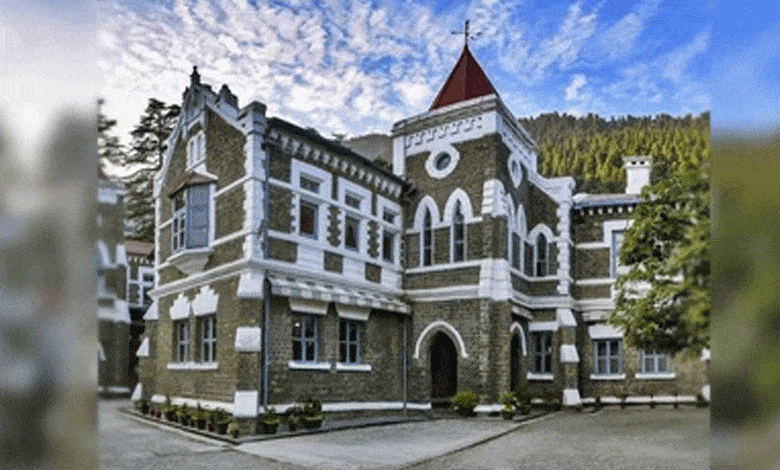Jamiat Ulama-i-Hind Files Petition Against UCC Implementation in Uttarakhand
Jamiat Ulama-i-Hind has moved the High Court in Nainital, challenging the implementation of the Uniform Civil Code (UCC) in Uttarakhand. The UCC was enforced in the state in January 2025, prompting the religious group to seek judicial intervention in response.

New Delhi: Jamiat Ulama-i-Hind has moved the High Court in Nainital, challenging the implementation of the Uniform Civil Code (UCC) in Uttarakhand. The UCC was enforced in the state in January 2025, prompting the religious group to seek judicial intervention in response.
Table of Contents
Jamiat Ulama-i-Hind’s Petition in High Court
The petition was filed under the leadership of Maulana Arshad Madani, President of Jamiat Ulama-i-Hind, who stressed that their appeal was made with the hope of securing justice, and upholding the principles of the Constitution and democracy. The case is expected to be heard later this week by the Chief Justice of Uttarakhand.
Legal Representation and Court Hearings
A senior Supreme Court advocate will represent Jamiat Ulama-i-Hind in the case. The petition challenges the constitutional validity of the UCC in the context of religious freedom, particularly regarding Muslim personal law.
Opposition to UCC on Religious Grounds
Maulana Madani emphasized that the implementation of the UCC violates the rights granted to Muslims through Sharia law. He stated, “We will not accept any law that goes against Sharia. It’s not only about Muslim existence but also about our constitutional rights.” He argued that the UCC undermines both personal religious laws and the secular nature of India.
Also Read: Massive Fire Breaks Out Near RTC Depot in Vijayawada: Gas Cylinder Blast Suspected
Constitutional Concerns Raised
Madani pointed out that while Article 44 of the Indian Constitution provides a framework for the UCC, it is a directive principle and not a binding provision. He highlighted that Articles 25, 26, and 29, which guarantee the freedom of religion, are being disregarded in the pursuit of a uniform law.
Call for Preservation of Religious Freedom
The Jamiat Ulama-i-Hind president also noted that India’s secularism should allow diverse religious practices and laws to coexist. He raised concerns that enforcing a singular civil code could negatively impact the country’s unity, integrity, and diversity, given the variations in state laws like the IPC, CrPC, and cow slaughter laws.
Implications for Muslim Personal Law

Madani argued that the UCC disregards the Shariat Application Act of 1937, which protects Muslim personal law. The petition also calls attention to the discrepancy between state laws and the idea of one unified legal framework for all citizens.
